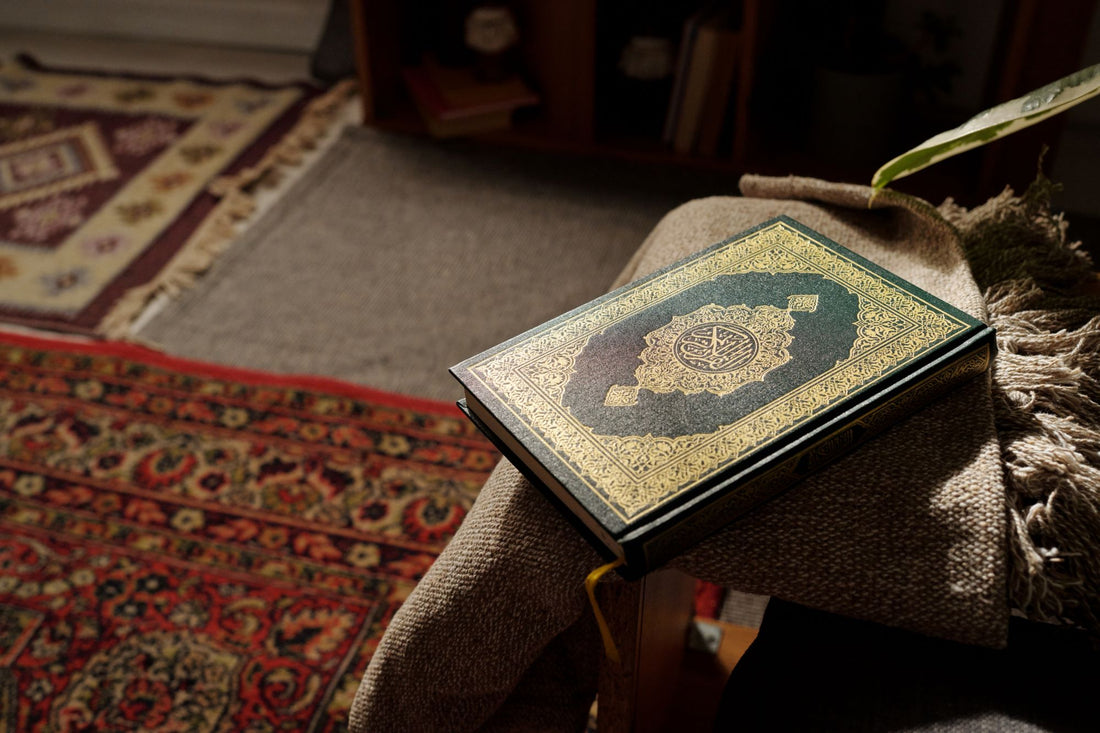What does “version” mean in the context of the Quran?
In the context of the Quran, the term "version" generally refers to the different recitations, or interpretations of the Quranic text:
- Qira'at (Recitational Variants): The Quran has been transmitted in multiple recitational styles known as Qira'at. These are slightly different ways of pronouncing or reading the same text, but they do not change the essential meaning of the words.
- Tafsir (Interpretation): The term "version" could also be used to refer to different interpretations of the meaning of the Quranic verses (tafsir). Islamic scholars over centuries have provided various interpretations of the text, depending on the linguistic, historical, and contextual understanding of the time.
In both these cases, the Quran is viewed as a single, unaltered divine revelation, and any "versions" in terms of recitation or interpretation do not alter the essential, unchanged message of the text itself.
The role of Qira’at: Different recitations, not different versions
The role of Qira’at in Islamic tradition refers to the various authentic recitations of the Quran, which reflect slightly different ways of pronouncing words, phrasing, and sometimes the vocalisation (tashkeel) of verses. However, it's crucial to understand that these recitations do not represent different versions of the Quran's content or meaning.
How many times has the Quran been changed?
The Quran has not been changed since it was revealed to the Prophet Muhammad over 1,400 years ago. According to Islamic tradition, the Quran was meticulously preserved in its original form, both orally and in writing, and was compiled into a single text shortly after Muhammad's (SAW) death. The Quran remains unchanged in its original Arabic form, with no alterations or additions, as it is considered the literal word of God.
Are all copies of the Quran the same?
Yes, all copies of the Quran are considered the same in terms of their content. The Quran, as revealed to the Prophet Muhammad (SAW), is regarded as unchanged and preserved in its original Arabic form. Despite there being numerous physical copies of the Quran across the world, they all contain the exact same text.
Variations that exist are generally in the form of different scripts or calligraphy styles, and minor differences in recitation (known as qira'at) which do not affect the overall meaning or message of the text.
The historical compilation of the Quran
The historical compilation of the Quran refers to the process through which the Quran, the holy book of Islam, was collected, compiled, and preserved in written form. The compilation can be divided into several key stages:
- Revelation to Prophet Muhammad (610–632 CE)
- Compilation under Caliph Abu Bakr (632–634 CE)
- Compilation and Standardization under Caliph Uthman (644–656 CE)
- Preservation and Transmission
- Development of Quranic Script
Caliph Uthman’s role in standardising the text
Caliph Uthman ibn Affan (ruled 644–656 CE) played a key role in standardising the Quranic text. During his caliphate, he noticed that regional variations in the recitation of the Quran were causing disputes and confusion, as different areas had slight variations in wording and dialect. To address this, Uthman ordered the compilation of a standardised text of the Quran, based on the dialect of the Quraysh (the tribe of the Prophet Muhammad) which was considered the most authentic.
Uthman's standardisation was a pivotal moment in the preservation of the Quran, ensuring that future generations would have a consistent and authoritative text.
How does Arabic script impact Quranic recitations?
Arabic script plays a crucial role in Quranic recitations, influencing both the pronunciation and the meaning of the text. Here's a summary of how it impacts the recitations:
- Phonetic Precision: Arabic script is highly phonetic. Each letter has a distinct sound, and there are specific marks (like tashkeel – vowels and diacritical marks) that guide pronunciation. These marks are essential for accurate recitation.
- Tajweed (Rules of Recitation): The script helps define the rules of tajweed, which govern the correct pronunciation, intonation, and modulation of sounds during recitation. These rules ensure the recitation maintains its eloquence and stays true to its divine origin, avoiding mispronunciations that could alter meanings.
- Word Formation and Meaning: Arabic is a root-based language, and many words in the Quran are derived from a three-letter root. The way the script is written can sometimes convey different meanings or nuances. Even the smallest differences in script, such as the use of a different letter or vowel mark, can change the meaning of a word, impacting the interpretation of the verse.
- Preservation of the Quran: The script also preserves the unique way the Quran was revealed, particularly through the use of the classical script known as Uthmani script. This script reflects the original recitational practices and has been preserved for centuries, ensuring consistency in recitations worldwide.
- Rhythm and Flow: The structure of the Arabic script, especially in its classical form, also affects the rhythm and flow of recitation. The way verses are structured and the use of elongated letters or specific letter combinations contribute to the melodic nature of Quranic recitation.
The global reach of the Quran’s recitations today
The global reach of the Quran's recitations today is vast, spanning across diverse cultures and regions. With over 1.8 billion Muslims worldwide, the Quran is recited in homes, mosques, and public spaces, creating a global network of spiritual engagement.
Technological advancements have significantly amplified the Quran's accessibility. Digital platforms, including YouTube and mobile apps, allow people from all over the world to listen to Quranic recitations in different styles by renowned reciters.
The Quran is also frequently recited during Islamic rituals such as prayers (Salat), Ramadan, and other religious observances. In addition, the practice of hifz (memorising the Quran) is widespread, with millions of people, including children, dedicating themselves to reciting and preserving the text by heart.
